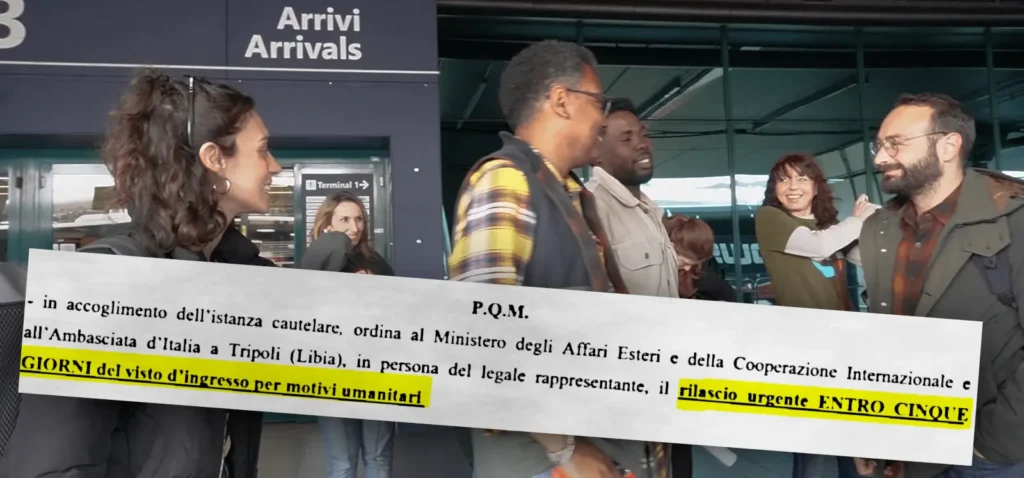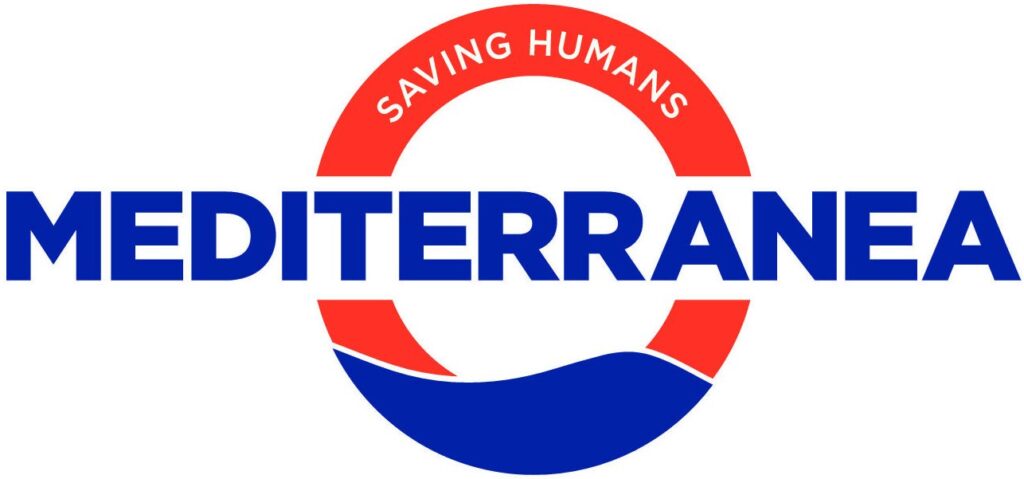Us

Since 2019, the JLProject collective has been conducting forensic investigations to legally assist people captured at sea and returned to Libya.
JLProject is supported by Mediterranea Saving Humans.
Since 2019, the JLProject collective has been conducting forensic investigations to legally assist people captured at sea and returned to Libya.
The JLProject (Josi & Loni Project) team was founded in spring 2019, following the discovery of the Asso Ventinove case, to legally combat illegal pushbacks from the sea to Libya. The name, Josi & Loni Project, commemorates two of the people rejected: Josi, who died on the floor of the Libyan concentration camp in Zintan, and Loni, born on the floor of the Libyan concentration camp in Triq al Sikka. Loni, now 7 years old, is safe in Europe, and we helped him and his parents sue the Italian government. He won the first instance court (€15,000 compensation each for him, his mother, and his father).
The JLProject conducts forensic research to help those rejected in Libyan concentration camps. It has already found evidence to bring 18 pushback cases to court and is investigating a further 90 cases in which rejected migrants have been traced, as well as another 900 cases for which the victims have yet to be found. More than 600 people rejected in Libya have so far turned to JLProject asking for help in asserting their rights.
JLProject finds evidence of:
- the illegality of the pushback (NB: A pushback is illegal when it occurs in international or European waters and is carried out or coordinated by a European government, whose laws prohibit pushbacks).
- the presence of one or more rejected persons.
Once we find evidence, we pass the cases on to our excellent lawyer friends at ASGI or pursue them with our in-house lawyers.
In addition to our work on rejections, we work with:
- vulnerable people abandoned by the UN in Libya, Tunisia, or other African countries. This is the UNvisibles project.
- research to help migrants unjustly accused of “smuggling.”
- training, especially at university level, and for reception center operators.
- other types of research on human rights issues. When you need us, we are there!
Successes
We are always pleased to recall the legal actions won, thanks in part to the evidence obtained by JLProject. These victories in particular:
- Compensation lawsuit for those rejected in the Asso Ventinove case
- The Italian government ordered to admit refugee Harry Abdulatif to Italy, illegally returned to Libya
- The Italian government ordered to admit refugee Adam to Italy, illegally returned to Libya
- The discovery of the true identity of the spokesman for the Libyan militia Rgowans (now on trial in Modena).
- The people (including many children) saved by the UNvisibles project

The Staff
The JLProject team currently has more than 50 activists across Europe. They are ordinary people with diverse backgrounds and expertise.
Several satellite groups of students and researchers also collaborate on the projects:
- the student group from Sciences Po University in Menton (FR)
- the working group at Spin Time
- a group from the Legal Clinic of Roma Tre University
- a group of students from Goldsmiths University in London (UK)
Our Supporters
The project is funded thanks to the contributions of countless ordinary citizens who read us, share our investigations, cheer for us, and support us.
Our supporters also include:

Mediterranea – the idea behind Mediterranea was born in the summer of 2018, out of outrage over the thousands of deaths in the Mediterranean Sea and the “closed ports” policy.
From the union of individuals and associations, this civil society platform quickly organized and launched the first—and still the only—civil rescue ship flying the Italian flag.
Exactly five years after the tragic Lampedusa shipwreck, the Mare Jonio set sail from the port of Augusta on its first monitoring and rescue mission during the night between October 3rd and 4th, 2018.

